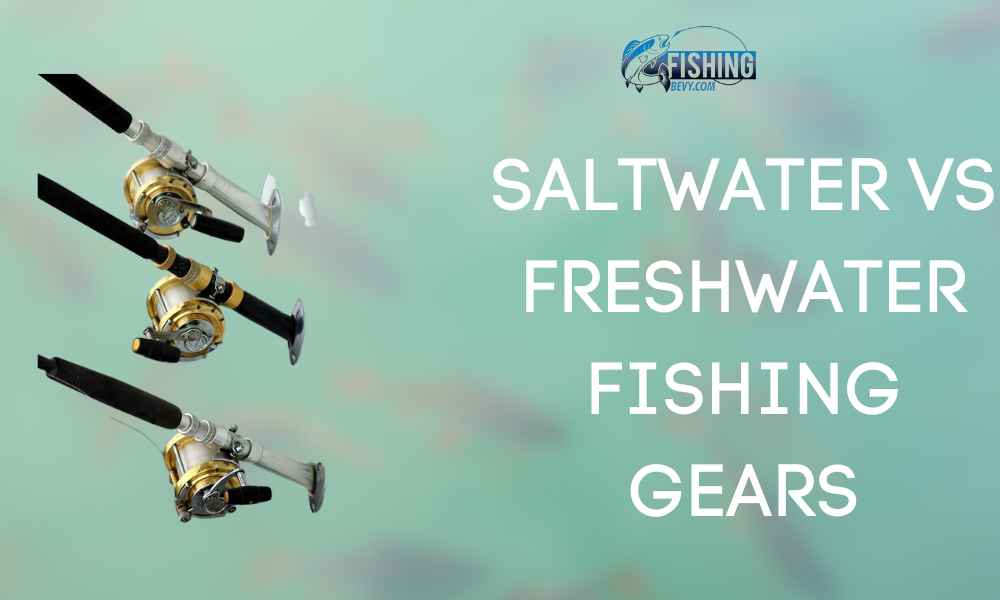A Stand-out Guide on Saltwater Vs. Freshwater Fishing Gear
Saltwater Vs. Freshwater Fishing Gear is a common phrase among anglers. Whether you are a professional or a newbie angler you might have listened to it many times that saltwater gear is more prudent as compared to freshwater gear. The more common features that mark the substantial difference between them are their power and action of these reels.
Also Read: Top Rated Saltwater Fishing Reels
For example, some anglers prefer using a moderate action rod or at times they like to go out in top waters with a medium power rod. On the other hand, some anglers prefer to have a medium-heavy rod that provides fast action in top waters.
This all depends upon the likings and preferences of anglers in getting the overall comfort with certain power and certain action.
Saltwater Vs. Freshwater Fishing Gear
There are a lot of questions that as an angler I used to face on daily basis. Among them the most common are Can You Use Saltwater Rods When Fishing Freshwater? And above all are Freshwater Or Saltwater Fish Easier To Take Care? Saltwater Vs. The freshwater Fishing Rods guide provides you the perfect answer to this question.
The main difference is not in the action, power, and style, it is in the composition of the material that is being used to produce. This includes titanium, carbon, or stainless steel is used to bring out the best corrosion resistance in these reels.
But the most important thing that needs to be kept in mind is to rinse these reels after use. Because if you don’t you won’t be able to enjoy the premium features of your reel after some time.
How Do I Know If My Fishing Rod Is Saltwater
The components of these fishing rods mark the main difference for these rods. They possess the same action, power, and styles. The points were Saltwater Vs. Freshwater Fishing Gear is different from each other in its construction material and other features they possess. The first thing is the attribute of being corrosion resistant.
A rod made with titanium or stainless steel guides and carbon titanium reel seats will be more corrosion-resistant than others.
Further, these guides and the real seats must be clean after using them. You need to rinse the water from your gear so that there are no water droplets lying on your gear.
On the other hand, professional anglers prefer to have inshore rods for both types of fishing. They require less maintenance, and they’re going to last longer because of their corrosion-resistant components.
Also Read: Baitcaster maintenance guide
Frequently Asked Questions
Final Verdict
The main difference between Saltwater Vs. Freshwater Fishing Gear is their make. The construction material being used marks the main difference between these reels.
Furthermore, there are a few differences and attributes that are termed as the main turning points for these reels. Professional anglers normally prefer using inshore reels or gear as they have the tendency and attributes for serving in both saltwater and freshwater.
But for this reason, you need to understand they are not considered a perfect alternative to saltwater reels. This guide will provide you the perfect in-depth analysis that might be the reason for adopting these reels according to their composition. So that you can have a better understanding of what are the main reasons that mark the difference between these gears.


